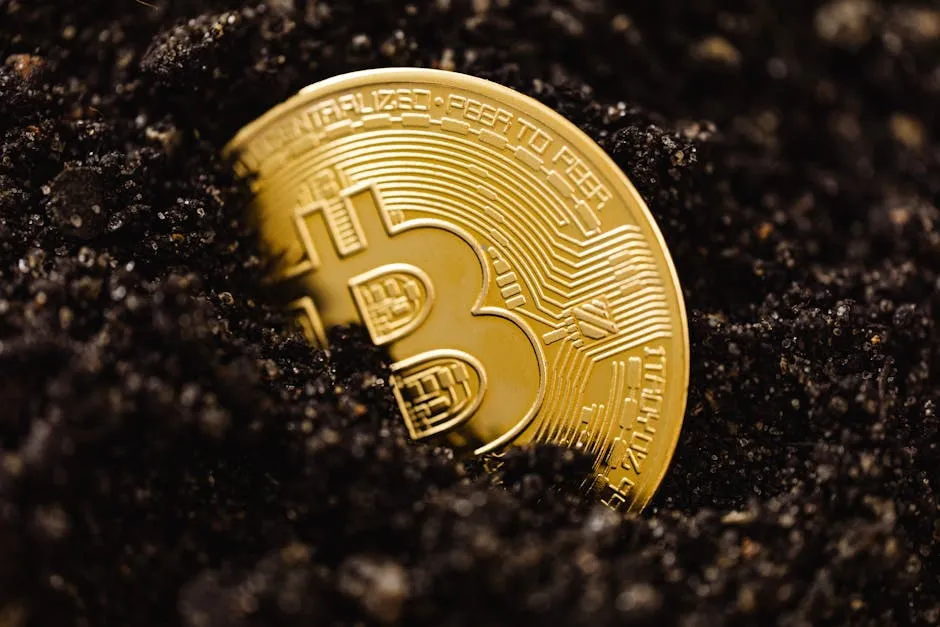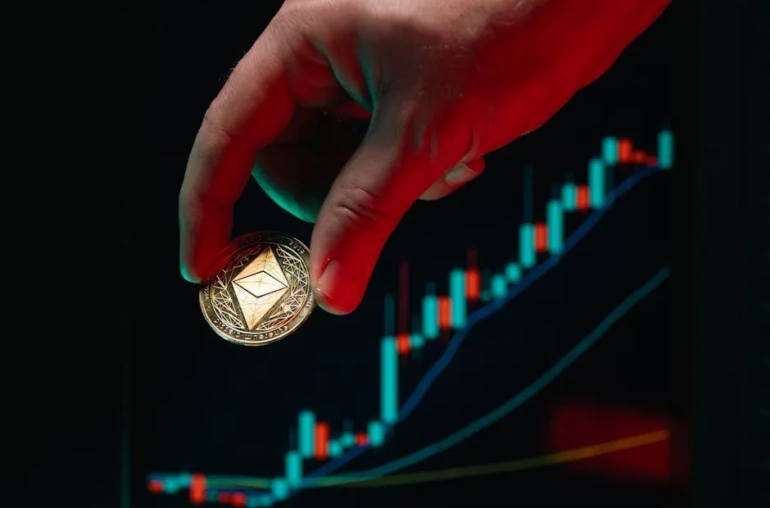
The Impending Threat to Bitcoin Mining Infrastructure Amid Global Conflicts
As the world grapples with increasing geopolitical tensions, the implications for the cryptocurrency sector, particularly Bitcoin mining, are profound. The idea of a potential World War III looms large, and with it comes the urgent need for Bitcoin mining firms to reassess their strategies to ensure the stability and security of their operations.
Understanding the Landscape of Bitcoin Mining
Bitcoin mining is a crucial component of the cryptocurrency ecosystem, responsible for validating transactions and maintaining the integrity of the blockchain. Miners use powerful computers to solve complex mathematical problems, allowing them to add new blocks to the Bitcoin blockchain. However, this process is heavily reliant on stable infrastructure, including reliable energy sources and secure operational environments.
The Impact of Geopolitical Tensions
As nations engage in conflicts or face economic sanctions, the ripple effects can significantly disrupt the mining landscape. Countries that are traditionally considered safe havens for mining operations may suddenly become less stable. For instance, if tensions arise in regions rich in energy resources, such as Russia or the Middle East, Bitcoin mining operations could face challenges ranging from energy shortages to regulatory crackdowns.
Moreover, many Bitcoin mining firms operate on a global scale, often relying on hardware and software sourced from different countries. Disruptions in trade routes or the imposition of tariffs could hinder access to essential equipment, stalling operations and ultimately affecting the Bitcoin network’s stability.
Strategies for Maintaining Network Stability
In light of these potential threats, Bitcoin mining firms must develop robust contingency plans. Here are some strategies that can help mitigate risks:
- Diversification of Mining Locations: By spreading operations across multiple geographic locations, firms can reduce their vulnerability to localized conflicts or regulatory changes.
- Investment in Renewable Energy: Transitioning to renewable energy sources can provide more stability and independence from geopolitical energy crises.
- Building Stronger Partnerships: Collaborating with local governments and communities can foster goodwill and provide miners with more secure operating environments.
- Enhancing Security Measures: Investing in cybersecurity and physical security can protect mining operations from both digital and physical threats.
The Future of Bitcoin Mining
The future of Bitcoin mining in a world of rising geopolitical tensions is uncertain. However, proactive measures can help secure the infrastructure that underpins the cryptocurrency network. As the stakes rise, the importance of strategic planning and adaptability becomes clear for mining firms aiming to thrive amidst instability.
In conclusion, while the prospect of World War III is alarming, it also serves as a wake-up call for Bitcoin miners to fortify their operations. By anticipating challenges and implementing effective strategies, the industry can better navigate potential crises and continue to support the Bitcoin network’s integrity.



